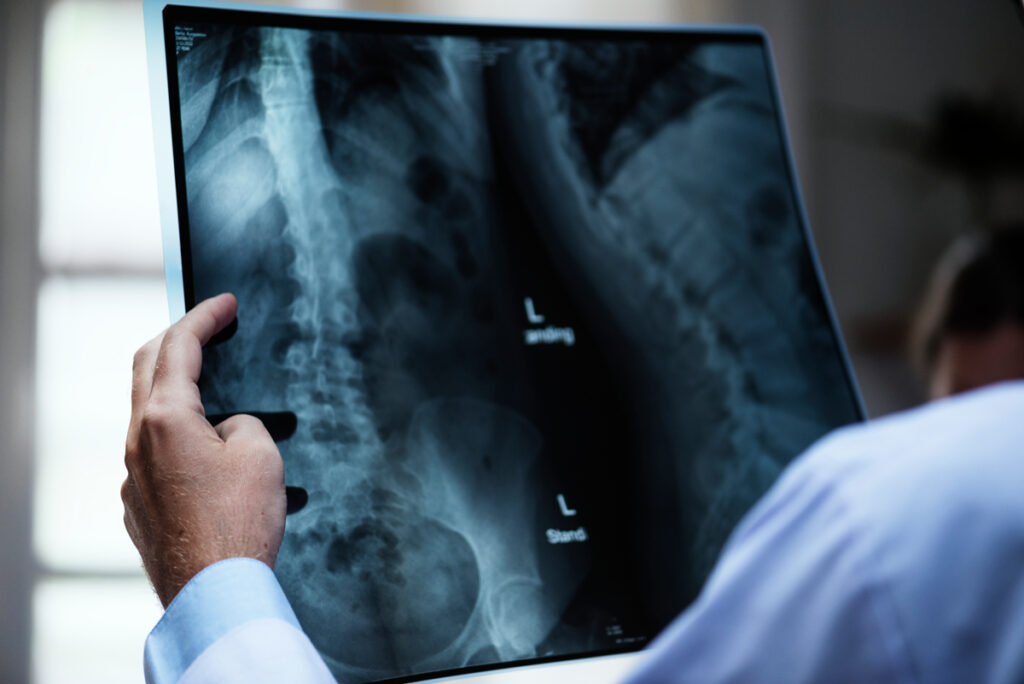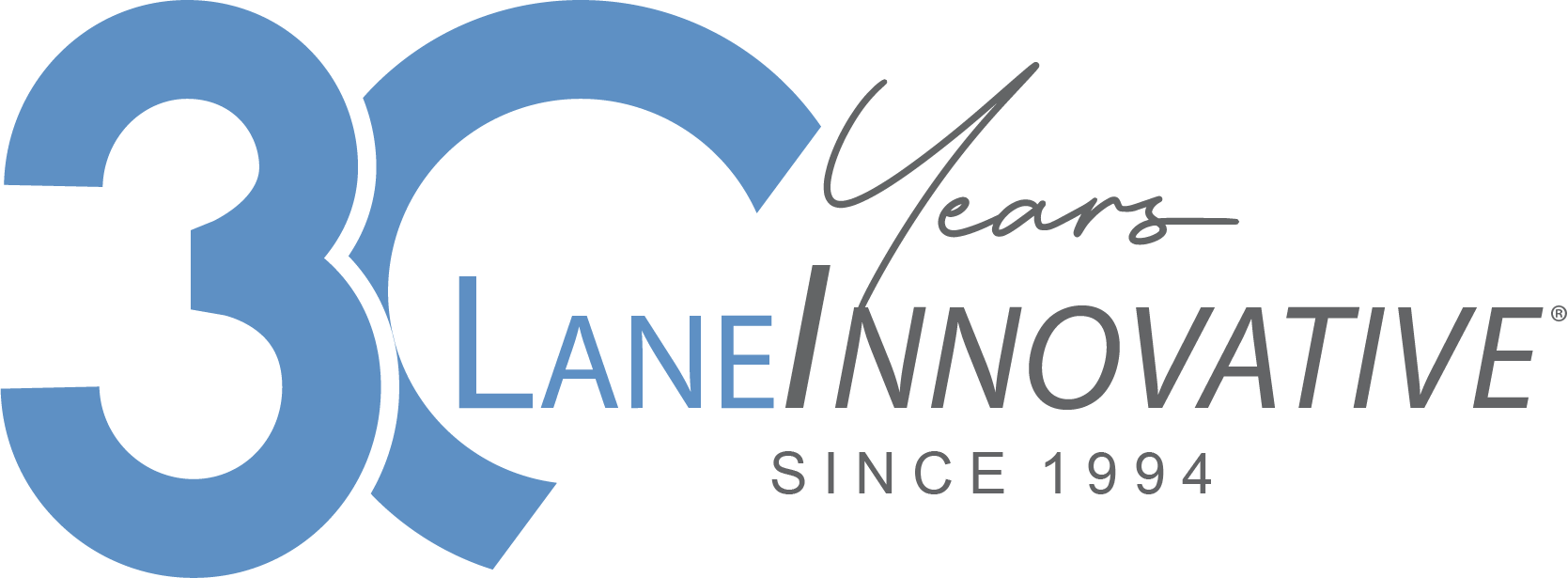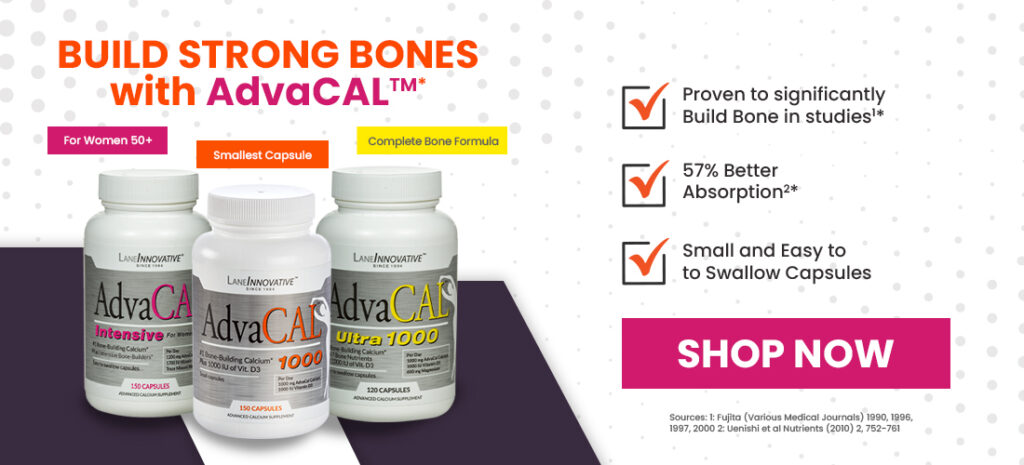Bone Health
At What Age Should I Be Concerned About Bone Density?
There are a lot of adjustments that people need to make as they get older. You can’t see or hear quite as well, you’re not as fast or strong as you used to be, and everything just seems a little bit more difficult. Part of the reason for losing strength and speed as you age is bone density loss.
Bone density loss is a natural part of getting older. When you reach a certain age, your body doesn’t create new bone material as easily as it once did. It’s difficult for your body to absorb calcium and Vitamin D. Therefore, it’s important to plan ahead and start thinking about your bone density long before problems start.

Why is It Important to be Concerned About Bone Density Loss
Bone density loss is a major concern for both men and women. As your bones lose density, they become weaker, more brittle, and more fragile, which increases the risk of serious injury when you fall or bruise yourself. Even the smallest bump or jostle can lead to a broken bone if you lose enough density.
For that reason, it’s a good idea to build up your bone mass and density at a young age and reach peak bone mass. The stronger your bones are when you’re young, the stronger and healthier they’ll be when you’re older. By building up your bone density and reaching peak bone mass, you’re less likely to struggle with injuries and diseases related to bone density loss as you age.
Age of Concern for Men
Bone density loss isn’t as common among men as women. Males naturally have slightly bigger bone structures than women, which means there’s more room for important minerals, nutrients, and content. However, while men aren’t as at risk for injuries or illnesses related to bone density loss, they are far from exempt.
In general, men will start to lose their bone density between the ages of 40 and 50. As such, it’s important to up your calcium and vitamin intake when you reach 40. However, by achieving peak bone mass at an early age, bone loss will start later and be less severe.
Age of Concern for Women
Women are nearly twice as prone to injuries and conditions related to bone density loss as men. As such, it’s important to be concerned about bone density at an earlier age so that you can reach peak bone mass. Women over the age of 50 should start taking supplements to increase bone density, but you should start building up bone mass in your twenties and thirties.
How to Check Your Bone Density
As part of being concerned about your bone density, it’s important to understand how healthy your bones are compared to other people your age and gender. The best way to do this is with a bone density or bone densitometry test.
A bone densitometry test measures the health and mineral density of your bones compared to others in your demographic. By knowing your bone density T score, you can know if you need to be extra concerned about your bone density.
In general, a score of -1 to +1 is considered normal, and the higher you score, the less concerned you need to be. However, if you have a T-score of less than -1 compared to others in your demographic, you should be concerned about bone density loss. You should start getting tested in your late twenties and early thirties and continue testing every few years.
People Who Are At Risk for Bone Density Loss
While everyone is at risk for bone density loss, some are certainly at higher risk than others, and here they are.
- People with a history of broken bones and bone-related injuries.
- Women over the age of 50.
- Men over the age of 60.
- Women who have gone through menopause.
- People who smoke, drink alcohol, or don’t have enough vitamins and minerals in their diets.
- People who have a low body weight or body mass.
How to Increase Your Bone Density
If you have one of the above risk factors, it’s important to do everything you can to increase your bone health and density. Here are some of the best ways to do so.
- Make dietary changes where you increase your calcium intake by eating more dairy products, leafy greens, and seafood.
- Increase your potassium, magnesium, and protein intake.
- Perform daily exercises that strengthen your muscles and increase the amount of weight you can support on your legs.
- Increase your Vitamin D intake by getting more sun and making healthy diet choices.
- Consider taking a calcium supplement to maximize your bone density.*
Increase Your Bone Density Starting Today
The risks associated with bone density loss are no laughing matter. Bone density loss leads to weak, brittle bones and increases the chances of injuring yourself. While your bones have a natural way of strengthening and healing themselves, this process becomes more difficult as you age, especially if you have additional bone density loss risk factors.
For that reason, you should be concerned about bone density at an early age and reach peak bone density as early as possible. The stronger your bones are when you’re young, the stronger they’ll be when you’re old.
References:
Osteoporosis: What You Need to Know as You Age | Johns Hopkins Medicine
Healthy Bones at Every Age – OrthoInfo – AAOS
Osteoporosis | National Institute on Aging (nih.gov)
Get a Bone Density Test – MyHealthfinder | health.gov
What Is Bone Density? A Practical Guide for Older Adults (ncoa.org)
Like? Share with your friends
Learn More Information on AdvaCAL, the #1 Bone-Building Calcium*

